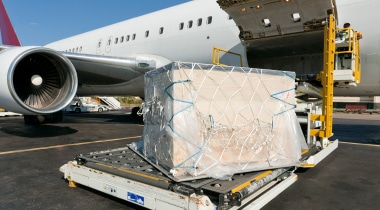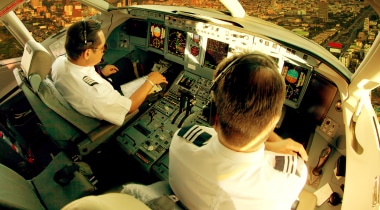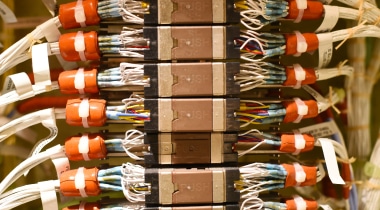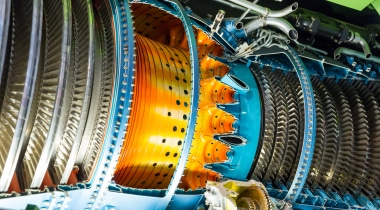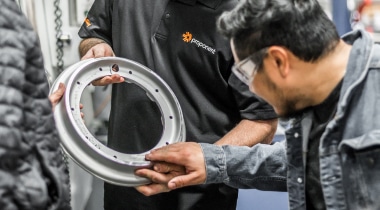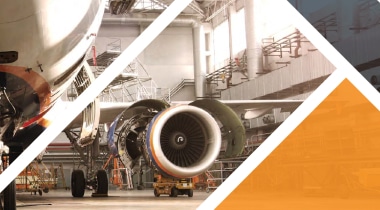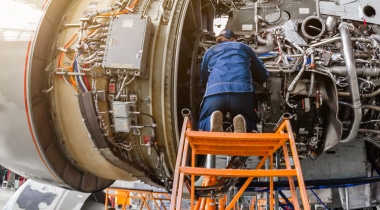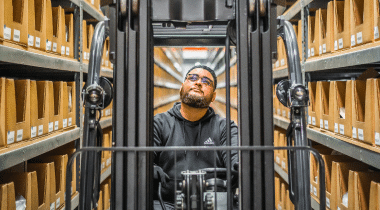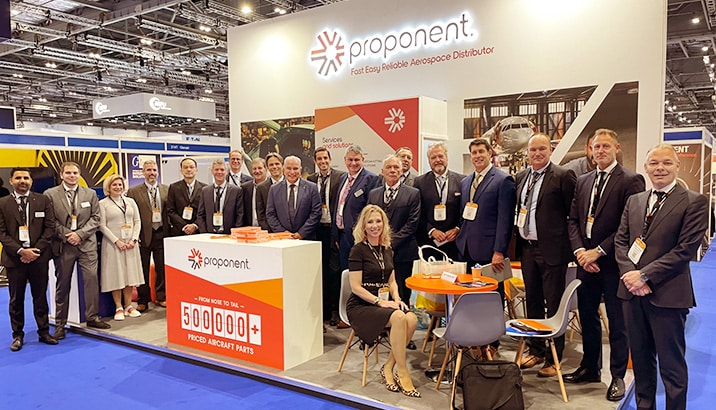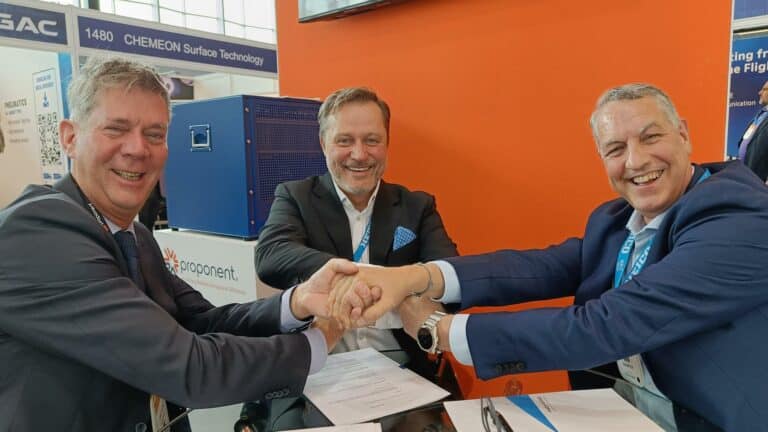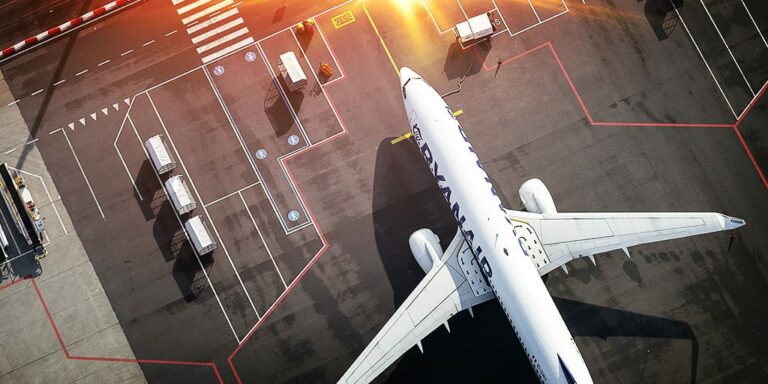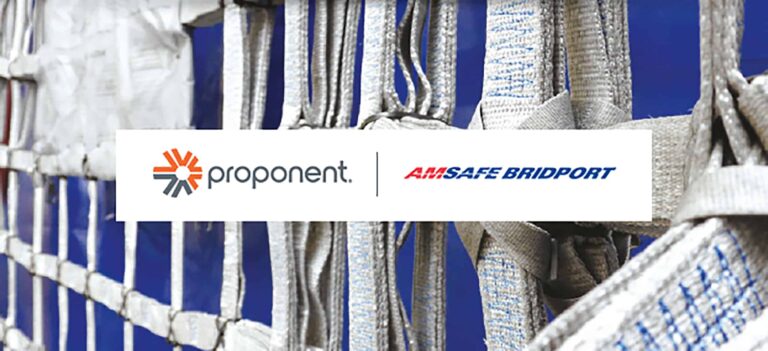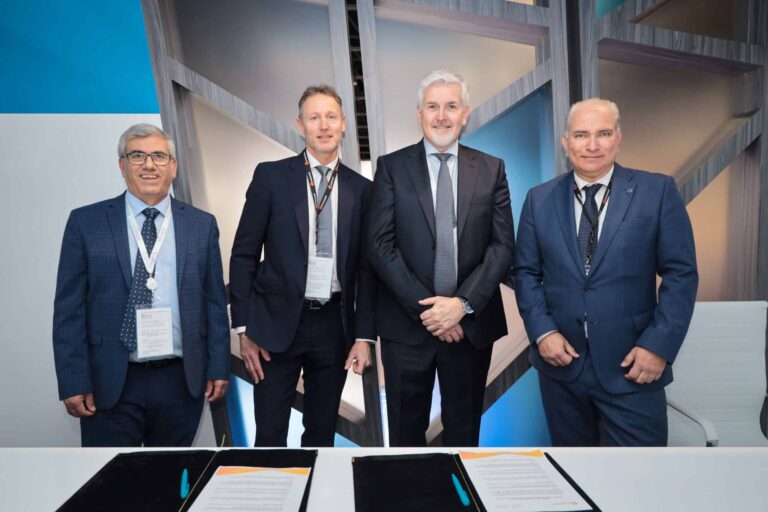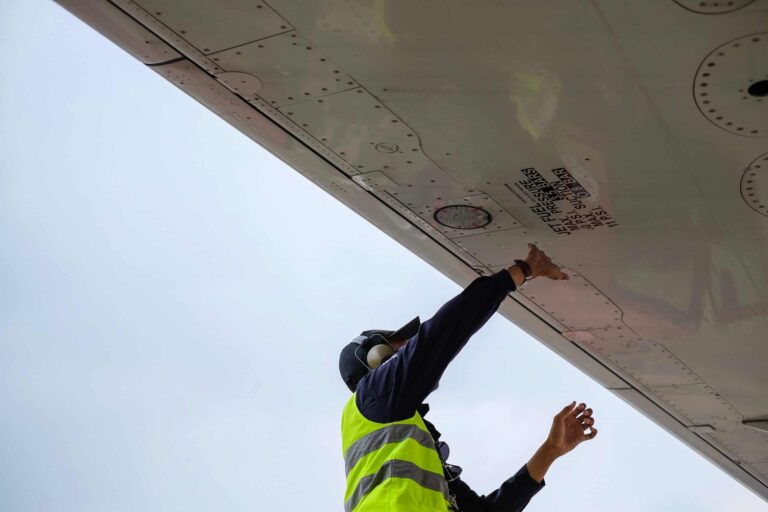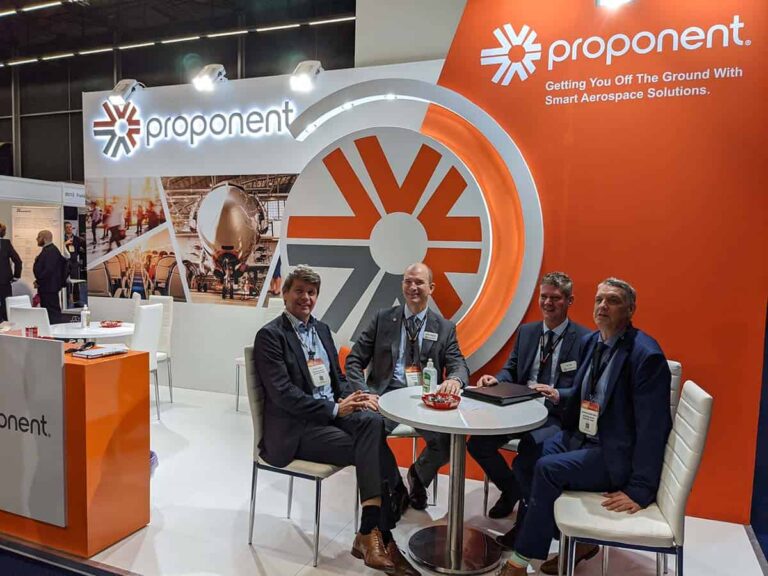With the breakneck pace of technology, it can be hard to keep up with the latest “disruptive” innovations, but if you have been listening in the past couple of years, you’ve probably heard about blockchain technology. And, chances are, you heard it in the context of tectonic shifts in the status quo.
At their most breathless, proponents of blockchain technology can be heard predicting that blockchain will be the backbone of a new more secure, more democratic internet. But at the very least, blockchain is poised to change the way that many industries do business in the next few years.
What Is Blockchain Technology?
In its simplest form, a blockchain is a decentralized, incorruptible digital ledger that can be programmed to record nearly anything. It is currently best known as the technology underlying Bitcoin and other cryptocurrencies. Each transaction is verified by all participants and sealed, becoming a new unchangeable “block” of data. When new blocks of data are added, they become chains of chronological data that can easily be traced back to the initial transaction.
Aerospace Consultant Predicts Blockchain Shift Within 2 Years
Previously a fairly fringe concept, blockchain has seen a huge surge of interest in aerospace with the endorsement of aerospace consultant, Accenture. And it’s no tepid endorsement: Accenture predicts that blockchain will be a driving force in aerospace within two years.
Speaking at the 2017 Paris Air Show, head of Aerospace and Defense at Accenture, John Schmidt, explained the value of blockchain by highlighting the real-world example of how it might be used to increase transparency and lower the costs of engine maintenance.
“Through [the entire] life cycle of the engine, the original parts, the replacement parts and configuration are all being tracked, and it is being done by a number of different companies. Blockchain is in effect a single federated ledger that everybody who uses and touches that engine could use as a single point of truth [for] what has happened to the engine,” he explained.
In other words, blockchain provides a single source of truth for all transactions. This type of accessibility and accountability could be a huge boon for aircraft maintenance, making it much easier to track the life cycle of major aviation components. But blockchain also presents opportunities for transparency, significant cost savings and supply chain improvements.
How Blockchain Technology Can Be Applied to the Aerospace Industry
Saving on Maintenance Costs With Blockchain
In the same speech at the 2017 Paris Air Show, Schmidt said that MRO shops currently look at “macro factors” when performing routine maintenance, such as how long an engine has been in use. Blockchain technology would allow every party that comes in contact with a component to access and add to the same record, allowing for a more tailored maintenance process. This could also help to break from the trend of contracting already taxed MRO shops to work on a component just because they have previously worked on that same component. With a single source of information for that component, a less busy shop could perform the required maintenance just as well, increasing turnaround times and reducing AOG costs.
Increased Transparency
Patrick Goetze, Director of Sales, New Business at Lufthansa, points out blockchain’s huge potential benefits as a neutral information documentation system. Aerospace is an industry with many moving parts, and cooperation is highly necessary. Blockchain provides secure, verified data that can be viewed by multiple parties and is extremely difficult to change or corrupt. This type of transparency is imperative in aerospace, and it doesn’t take an aerospace engineer to see how this could greatly increase efficiencies within the industry.
Supply Chain Tracking
Beyond aircraft maintenance, blockchain technology could have beneficial effects throughout the aerospace supply chain. The shared database that blockchain provides would make it easier to track quality and compliance for products and components from manufacture to implementation.
Procurement Support
Blockchain technology creates joint, trusted records of exchanges between partners, helping to increase efficiency and transparency and greatly reducing costs, improving the overall procurement process.
Staying on the Cutting Edge
It’s clear that blockchain technology has many potential applications in the aerospace industry. Proponent works hard to stay on the cutting edge of new technologies, because we know that’s where our supplier partners and customers need to be. We are currently exploring how this innovative approach could improve the way we do business, and we are excited to see how blockchain technology shifts the aerospace supply chain and the wider aerospace industry.
Read More from the Proponent Blog
The Latest In Aerospace Technology: Biofuels, SpaceX Travels And More
Paris Air Show Reveals Big Changes Coming To MROs
Michael Berecz Discusses 7 Advances Changing Aviation With Avionics Magazine

